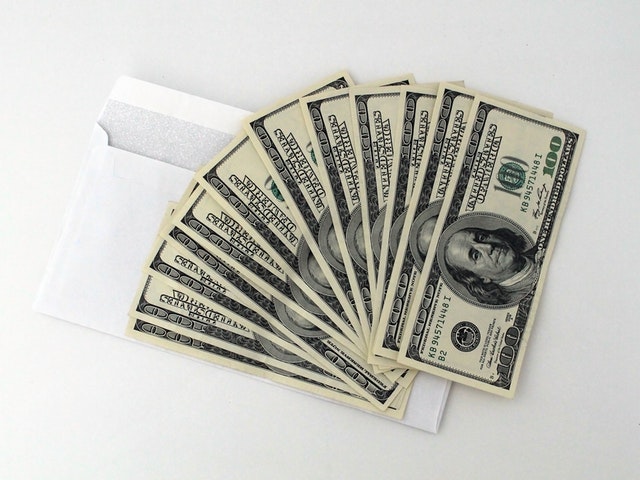Over 5 Trillion Dollars In Home Equity May Lead To More Cash Out Transactions
 US homeowners now have over 5 trillion dollars in home equity which is a very large amount of money! So this year may be the year for a lot of cash out refinances and other home equity mortgage products. Most often, when you are purchasing a home, you are buying at or below the appraised value and you are making a down payment.
US homeowners now have over 5 trillion dollars in home equity which is a very large amount of money! So this year may be the year for a lot of cash out refinances and other home equity mortgage products. Most often, when you are purchasing a home, you are buying at or below the appraised value and you are making a down payment.
The good news is this means you have “instant equity” in your home. And over time you build more equity as you make your monthly mortgage payments as well as any potential home price appreciation.
This build up of equity gets some homeowners thinking about taking cash-out from your home to pay off credit card bills, purchase a car or pay for college expenses. However, it is important understand, there are rules as to what can and can’t be done.
Cash out refinance, equity loan or second mortgage
There are three basic ways to access the equity in your home which are common these include:
- Cash out refinance – you refinance your current mortgage and you request cash-out for the equity. For example, if your home is worth $200,000 and you have a current mortgage of $100,000 you may be able to access an additional $60,000 to $70,000 in cash depending on your lenders requirements
- Home equity loan – a home equity loan is typically a line of credit that you take out with your local bank. These loans are typically what are known as “revolving” where you can access the funds over and over again as you make payments. Home equity loan interest payments are not tax deductible after the recent tax reform plan
- Second mortgage – in order to qualify for a second mortgage on your home, the lender would require you to meet specific credit requirements as well as certain debt-to-income ratios.
In most cases, lenders will require borrowers to have had their mortgage at least one year before they are allowed the option of any type of cash-out refinance. However, Ginnie Mae (GNMA), the investor for FHA and VA home loans allow cash out transactions after 6 monthly payments and a minimum of 210 days in the home.
While you may already have a substantial amount of equity in your home, lenders are taking an additional risk if you are allowed to “tap into” that equity. Before you make the decision to access the equity, talk to your trusted mortgage professional regarding possible restrictions.
Categories
- Around The Home
- Awards
- Bankruptcy History
- Budget
- Chapter 7 Bankruptcy
- Construction Loan
- Credit
- Credit Scoring
- Environmental Awareness
- Escrow Tips
- Fair Housing
- Federal Reserve
- FHFA
- Financial Crisis
- Financial Fraud
- Financial Reports
- Foreclosure
- Holiday Tips
- Holidays
- Home Building Tips
- Home Buyer Tips
- Home Buying Tips
- Home Care
- Home Care Tips
- Home Decorating
- Home Financing Tips
- Home Maintenance
- Home Mortgage
- Home Mortgage
- Home Mortgage Tips
- Home Mortgages
- Home Seller Tips
- Home Selling Tips
- Home Tips
- Home Values
- Home Values
- Homebuyer Tips
- Homeowner Tips
- Housing Analysis
- Housing Market
- Investment Properties
- Market Outlook
- Mortagage Tips
- Mortgage
- Mortgage Application
- Mortgage Guidelines
- Mortgage Rates
- Mortgage Tips
- mortgage-rates-whats-ahead-september-17-2012
- Organization Tips
- Personal Development
- Personal Finance
- Rankings
- Real Estate
- Real Estate Definitions
- Real Estate Tips
- Real Estate Trends
- Selling Your Home
- Student Loans
- Tax Debts
- Taxes
- The Economy
- Travel
- Uncategorized